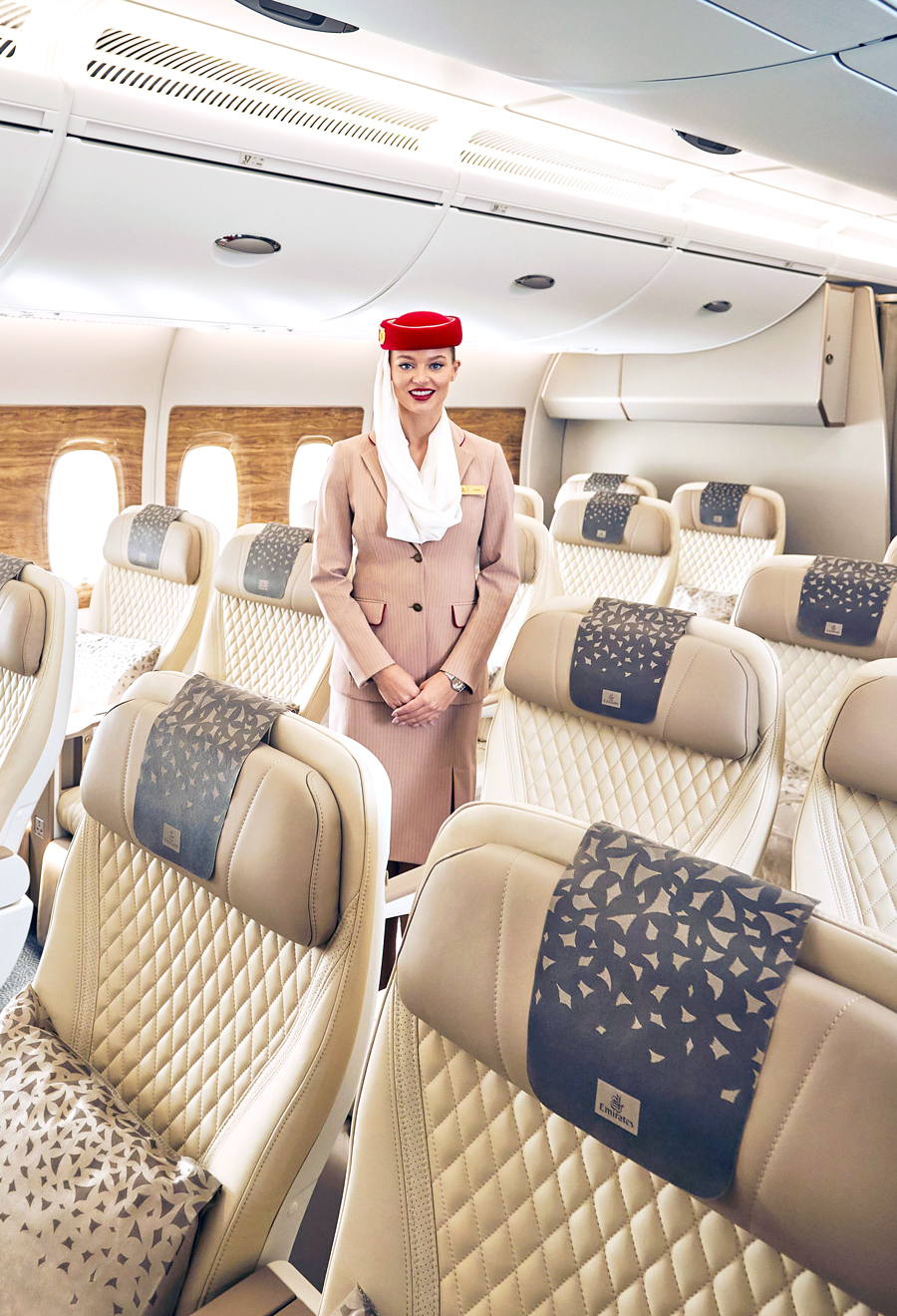Air travel can be an overwhelming experience, especially for neurodivergent passengers. Loud noises, large crowds, and unexpected delays may be anxiety-inducing to those with autism and other similar sensory sensitivities. Fortunately, some airlines have taken steps to ensure a positive experience for all types of travelers — and one carrier has proudly become the world’s first “Autism Certified Airline.” Here are all the details.
Emirates: The First Autism Certified Airline
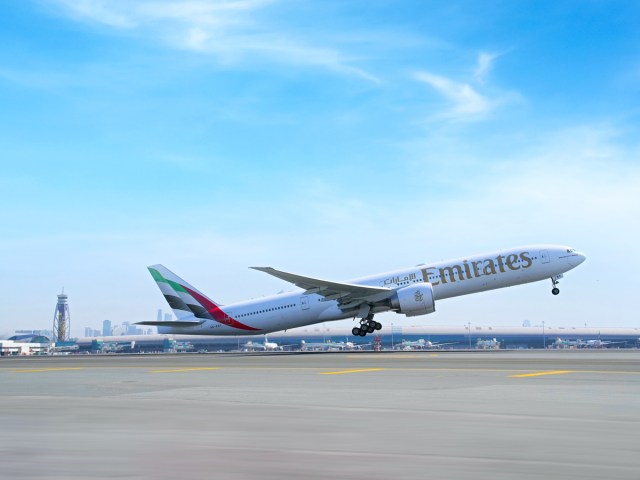
It’s sometimes easy to overlook just how stressful flying can be for neurodivergent travelers. In a survey conducted by Autism Travel, 78% of respondents said they were hesitant to travel on a commercial airline, but 94% said they would be more inclined to travel by air if autism-certified options were available.
In January 2025, Dubai-based Emirates announced it was set to become the world’s first “Autism Certified Airline.” This inaugural distinction will be formally awarded later in 2025 by the International Board of Credentialing and Continuing Education Standards (IBCCES), an independent organization that helps train professionals on how to work with autistic individuals.
According to Emirates’ website, more than 30,000 cabin crew and ground staff will undergo special training on how to better accommodate neurodivergent passengers. This process aims to educate airline staff on the unique needs and concerns of those travelers, providing employees with the knowledge and means to offer support on every leg of their journey. Emirates also plans to debut new services to improve the preflight and in-flight experience for autistic passengers, with details set to be revealed later in the year.
What It Means To Be “Autism Certified”
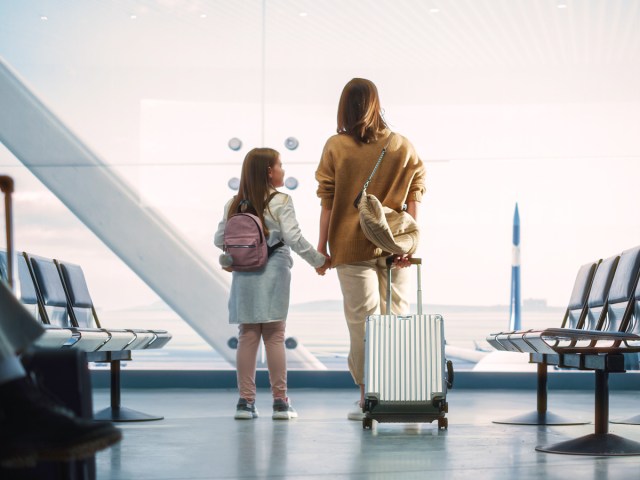
The process of becoming “Autism Certified” includes the introduction of sensory guides and pamphlets that provide a detailed visual breakdown of the entire airport experience from start to finish.
These guides list out each step of the journey so that passengers can know exactly what to expect before arriving at the airport, which lessens the chance of any unexpected events occurring that may trigger an anxious response. While Emirates’ first guide was written with Dubai International Airport in mind, future guides will be developed for passengers traveling through other airports.
Another helpful tool that’s set to be unveiled are sensory bags, which contain fidget toys and other sensory aids to reduce self-stimulatory behavior.
But it’s the trained employees who will perhaps make the biggest difference. There are many traits associated with autism that people may consider suspicious or threatening in other contexts — for example, a refusal to make eye contact. A trained staff member will be able to spot these behaviors and help diffuse any potentially problematic situations. Supportive staff can also help guide the passenger through the terminal and to their eventual destination.
How To Use These Services
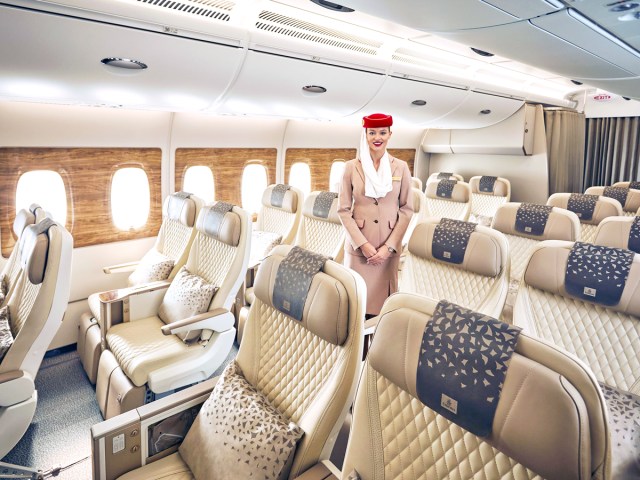
If you or someone you know could use assistance during a trip, contact a local Emirates office here at least 48 hours prior to your flight. As more agents are trained over the coming months, they’ll be well equipped to provide information about airport layout, security procedures, and other potentially triggering situations.
In certain instances, the airline will also allow you to board the plane before other passengers so you can have plenty of time to get settled before takeoff. Just keep in mind that Emirates requires a travel companion for anyone who is unable to understand or follow safety instructions.
Other Related Services
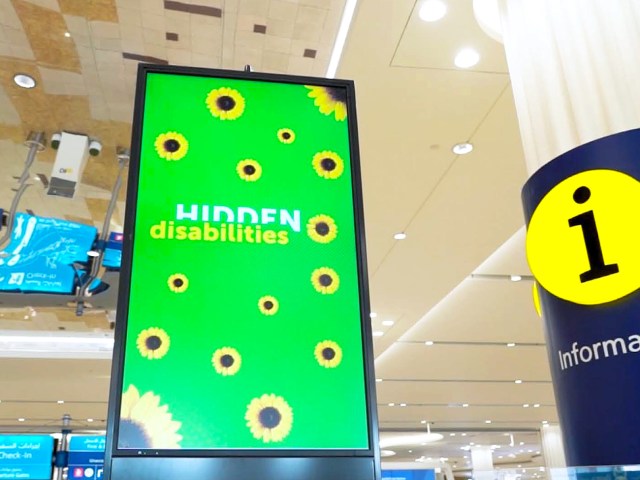
While Emirates is set to be the first official Autism Certified Airline, other travel companies have taken steps to accommodate passengers with neurodivergent conditions. Over 280 airports currently work with Hidden Disabilities, an organization that seeks to increase awareness for nonvisual disabilities like autism.
Hidden Disabilities provides each participating passenger with a lanyard of sunflowers in order to alert airport staff of their condition. This helps employees know to provide a helpful hand to those who may need it.
Many airports have also introduced sensory rooms to help neurodivergent passengers escape the chaos of the terminal and decompress before their flight. These rooms are often quiet and have low, warm lighting so travelers can relax in a soothing environment. Some rooms also have interactive experiences meant to simulate portions of the flight itself, allowing passengers to familiarize themselves with what they can expect on the journey.
More from our network
Daily Passport is part of Optimism, which publishes content that uplifts, informs, and inspires.






